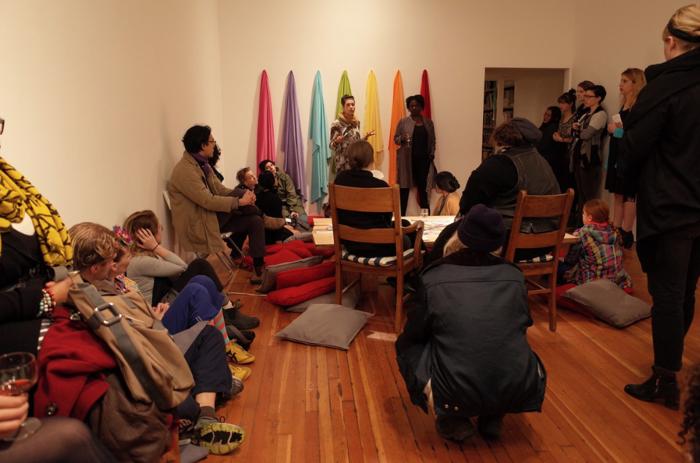 READ MORE
READ MORE
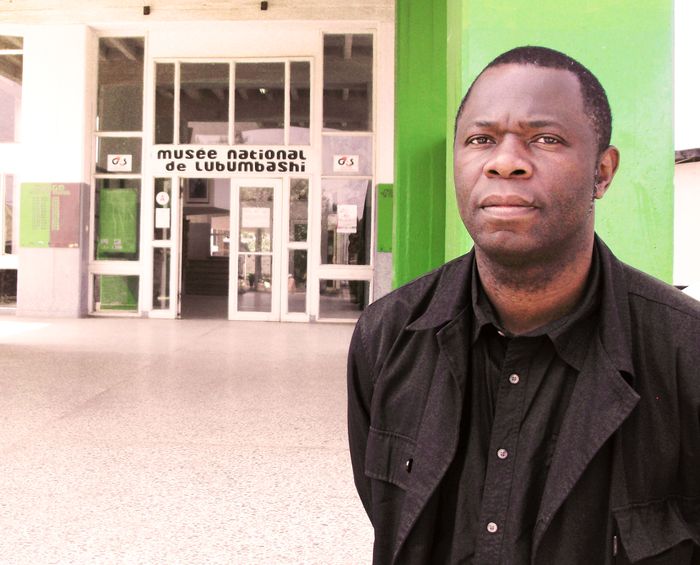 READ MORE
READ MORE
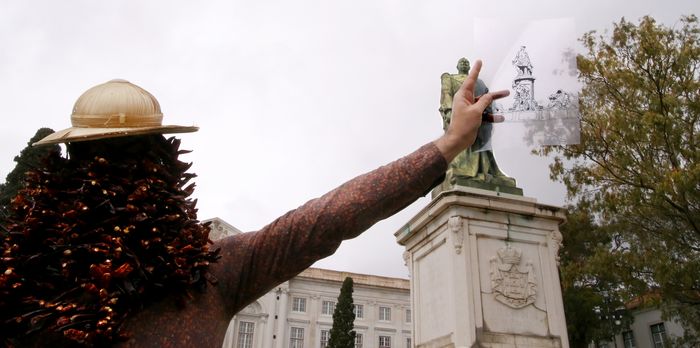
Performance e Conversa
26 Maio, 2 e 3 de Junho
READ MORE
 READ MORE
READ MORE
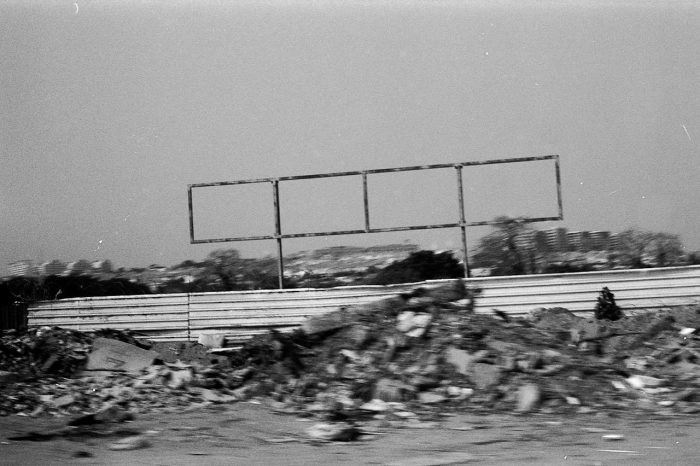
ABOUT FORGOTTEN IDEOLOGIES is the Angolan cinema program, curated by André Cunha, under the broader program 180º Artistas ao Sul. This program presents films by some Angolan directors, such as: Ruy Duarte de Carvalho, António Ole, Zézé Gamboa, Kiluanje Liberdade, Maria João Ganga e Mário Bastos. The program considers three time windows of Angolan cinema production: the post-independence cultural policies, the attempt to develop new cultural policies after the civil war and the hegemony of the independent production. We open this program with António Ole’s film O Ritmo do N’Gola Ritmos, de António Ole, 29th May, 6.30 pm. PROGRAMA O Ritmo do N’Gola Ritmos (1978) de António Ole + conversa de Ana Balona de Oliveira | 29 de Maio | 18h30 | DVD gentilmente cedido pelo realizador TPA + Laboratório Nacional de Cinema Carnaval da Vitória, 1978, 40min., António Ole | 18 de Junho | 18h30 No Caminho das Estrelas, 1986, 28min., António Ole…
READ MORE
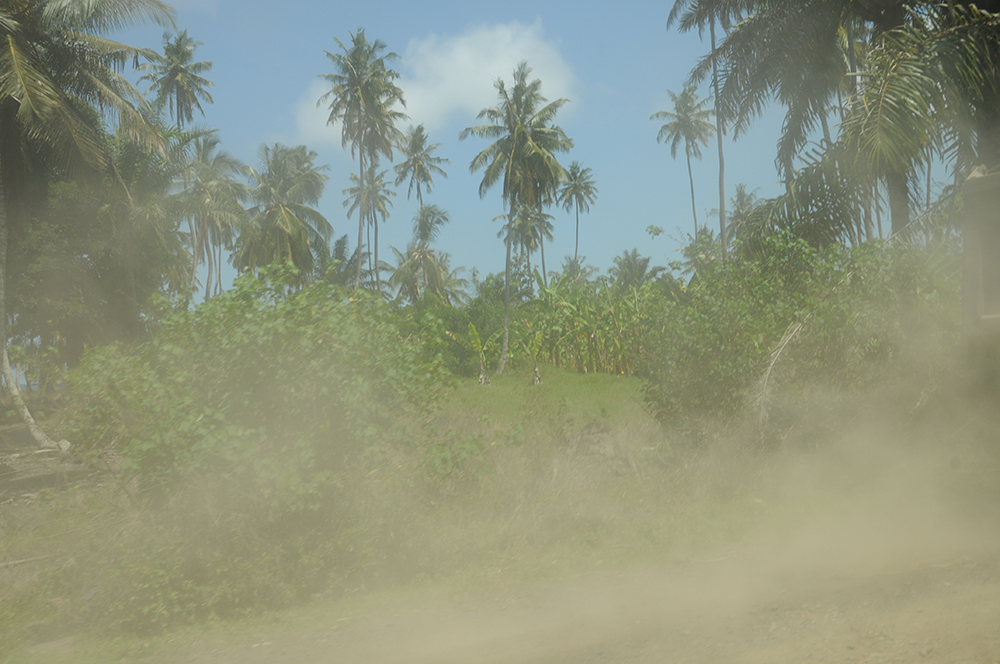
If landscape is, as Michel Courajoud states, “the place where the sky touches the land”, the concept of landscape is deeply connected to the history of nature’s pictorial representation, the appearance of the landscape as a genre. This concept builds up on the fragmentation, through the unique and immobile gaze that divides the whole of natures. The insular regions have, in themselves, other frontiers, they exist separate from the main land, or between the sea, and always on the threshold of identities, they are metaphors for the concepts of diaspora and migration within the post-colonial studies. In(ter)sularidades is a research group investigating about insular landscapes and their artistic practices, in such regions as Cuba, Haiti, Jamaica, Cape Verde, São Tomé and Príncipe. The research approaches these regions through a comparative model, these regions that are distant from each other, but that share a similar history of dislocation, migration, isolation, exile and…
READ MORE
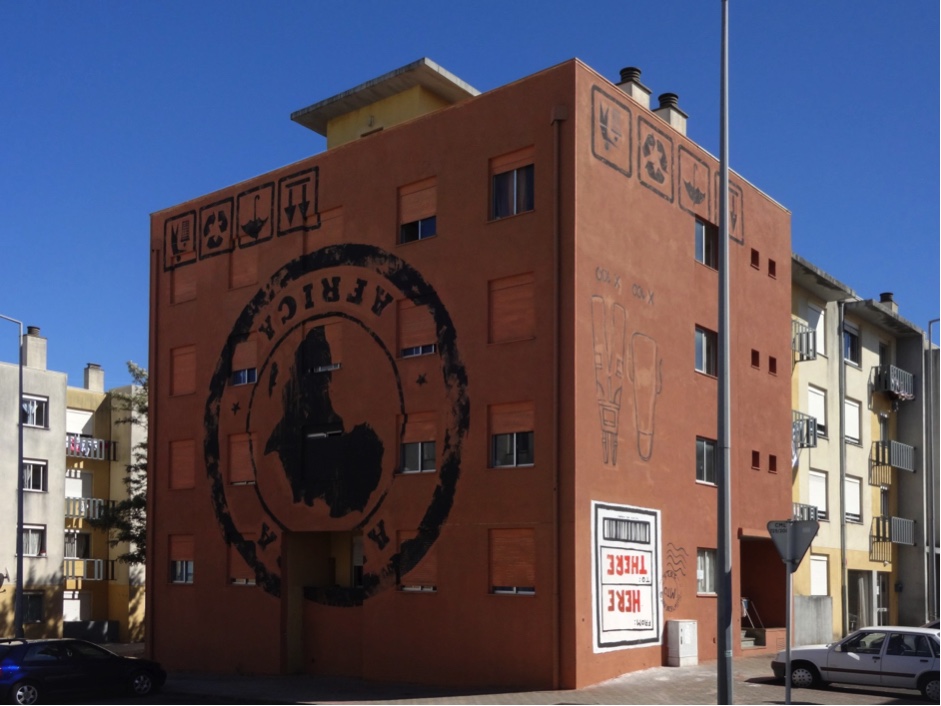
31 March | 6 pm | talk w/ Marissa Moorman A musician with a long career connected to Angola. A music with a not so recognizable sound. A record produced in the verge of independence. A few thoughts searching for an idea. 28 April | 6 pm | talk w/ Jabulani Maseko 26 May | 6 pm | talk w/ Mathieu Abonnenc 7 June | 6 pm | talk w/ Fernando Arenas OPEN MIND SESSIONS. A series of talks/performances by academics and practitioners organized by cultural theorist, Christabelle Peters. Each session will be inspired by a single thing – an artwork, a piece of music, a gesture in dance, etc. – and will invite us along on a magical and intellectual journey across time and space, making linkages with the cultures and histories of the African diaspora. The talks are based on the idea that an open mind can see a whole universe in the tiniest object.
READ MORE
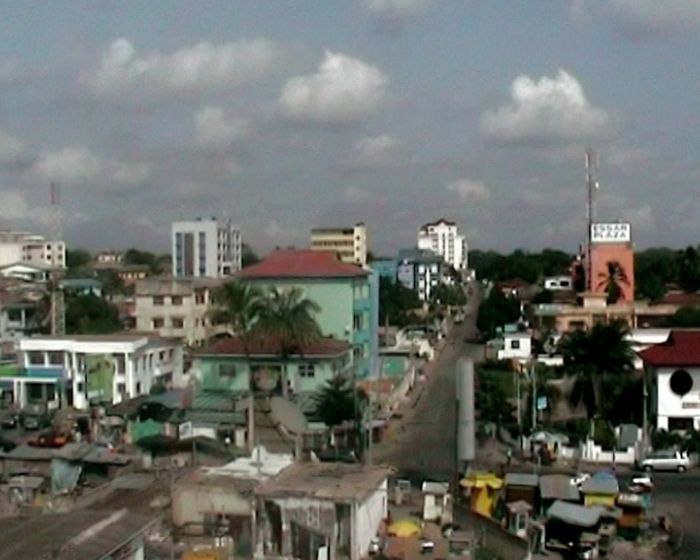
EDSON CHAGAS — 29th June 2016 — 7 pm [vc_gallery type="image_grid" images="4863" img_size="400x200"] Artistic Migrations In and Beyond Lisbon | integrated in the program 180º Artistas ao Sul Artists Talks Artistic Migrations In and Beyond Lisbon, organized by Ana Balona de Oliveira in a partnership between the Centre for Comparative Studies (CEC-FLUL), the Institute for Art History (IHA-FCSH-UNL) and Hangar in Lisbon, is a series of conversations with artists, some of whom in residence at Hangar in the context of the artist residencies programme ‘180º Artistas ao Sul’, and other invited speakers. Through several media, the artists in question examine and problematize notions of identity and difference, not only national and diasporic, but also cultural, racial, class-based, gendered and sexual, as well as the notion of artistic production as a means for the investigation of history and memory, both collective and individual, both public and private, with the purpose of examining the contradictions…
READ MORE
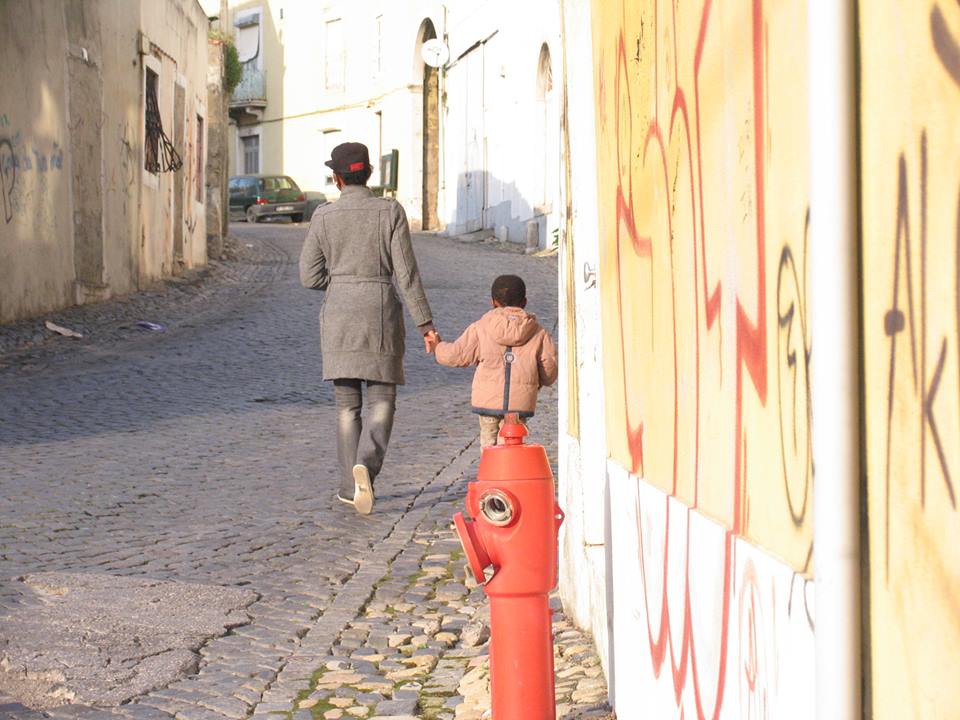
Lisbon shares with Paris the reputation of being the most African city in Europe. If the French capital’s distinction derives from the predominant number of former Francophone colonies on the continent, then the Portuguese case is far trickier – a combination of longevity (a 500 year presence on African soil), a history of settler colonialism (particularly in Angola) involving hundreds of thousands of migrants, and a lengthy, vicious and ‘late’ war waged against the anti-colonial movements in an attempt to keep hold of the country’s African “possessions.” In other words, a long history of blood – both shared and spilled. Lisbon’s distinctive brand of ‘africanicity’ – in all of its subtleties, manifestations, and complexities – forms the nexus of enquiry for this research strand, which is divided into three principal areas of activity: black people. lisbon. A photographic investigation documenting aspects of the lived experience of predominantly African migrants, culminating…
READ MORE
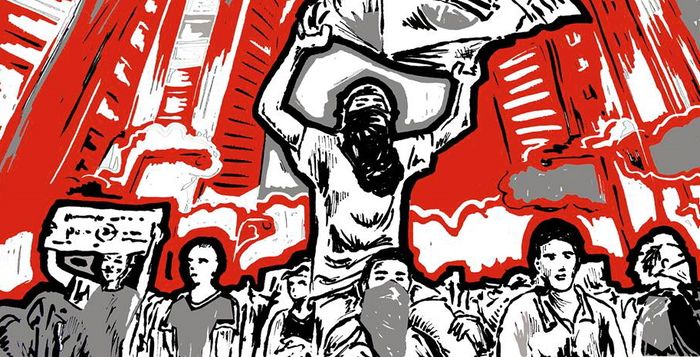 READ MORE
READ MORE










